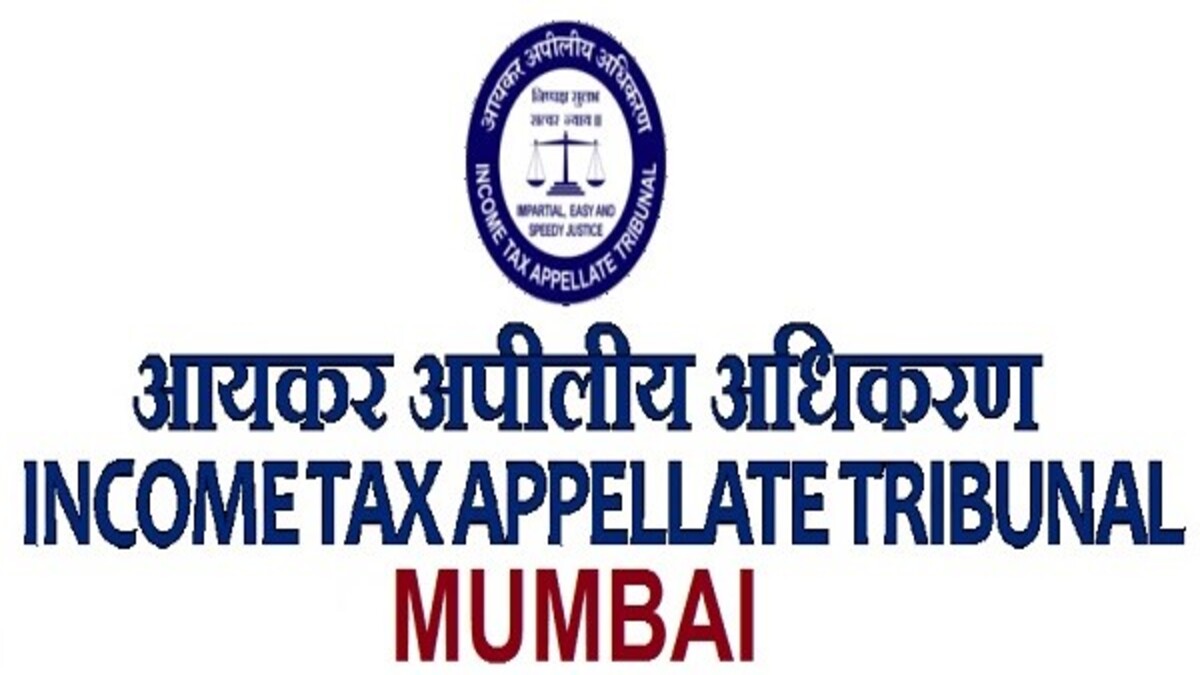M/s Raj Maitry & Eskon Developer vs. ITO Ward 4(1) [ITA No. 2117/Mum/2023 (A.Y.2018-19) ITAT Mumbai]
The assessee, a partnership firm, filed its income tax return on 22.09.2018, stating a total income of INR 28,68,540/-. The case was scrutinized for income from real estate business and unsecured loans. Despite receiving various notices under the Act, no compliance was made. However, partial compliance was made on 01.03.2021, 15.03.2021, and 26.03.2021, respectively.
The assessee’s case was assessed under Section 143(3) r.w.s. 144B of the Act, suggesting an addition of INR 2,90,30,000/- for unsecured loans and INR 12,63,66,352/- for an advance received from customers. Aggrieved by such additions, the Assessee appealed to the Ld. CIT (A), who deleted the alleged additions. The Revenue thereafter appealed to the ITAT having sole ground that additional evidence submitted before CIT(A) was not provided to AO for examination..
The court has reviewed the order of AO, Ld. CIT (A), and the assessee’s submissions. The main question is whether Ld. CIT(A) was justified in admitting additional evidence without giving an opportunity of examination to the AO, as per Rule 46A (3) of the I.T. Rules, 1962. It is also important to determine if the allegation of not providing opportunity to the AO by Ld. CIT (A) is genuine.
The assessee’s information provided to Ld. CIT (A) is mostly available on record before the AO. The addition made under section 68 of the Act for Unsecured Loan may be treated as such, but the advance received from customers is a settled position of law and cannot be considered income for section 68 of the Act. Therefore, the addition made under section 68 on account of customer’s advance treatment by AO was void-ab-initio. Ld. CIT (A) correctly handled the issue, as it was duly reflected in the books of account under sales, advance, and booking amount returned.
The AO has completed the job on the customer’s advance amount received by the assessee, and due assessment has been done. Most documents were available before the AO, and the AO may have grievances about not following due procedure as prescribed under Rule 46A (3) of the Rules. However, this was not required as the powers of Ld. CIT(A) were coterminous with that of the AO, and the same actions can be taken by both.
The order of Ld. CIT (A) was deemed reasonable and logical, except for the opportunity given to AO under 46A (3) of the Rules. The AO cannot determine how this is detrimental to revenue or if there is an anomaly in the order. The judicial pronouncements and relevant rules and sections of the Act can provide a better understanding of the issue.
The order of Ld. CIT (A) is not invalid, as it was delivered within the scope of his powers and confirmed by the Superior Courts. The judicial pronouncements by the Hon’ble Apex Court and Jurisdictional High Court, along with similar matters, have been used to dismiss the grounds raised by the Revenue.
In the result, appeal of the Revenue is dismissed.
To Download official order, click here.
“The site is for information purposes only and does not provide legal advice of any sort. Viewing this site, receipt of information contained on this site, or the transmission of information from or to this site does not constitute an attorney-client relationship.
The information on this site is not intended to be a substitute for professional advice.”

